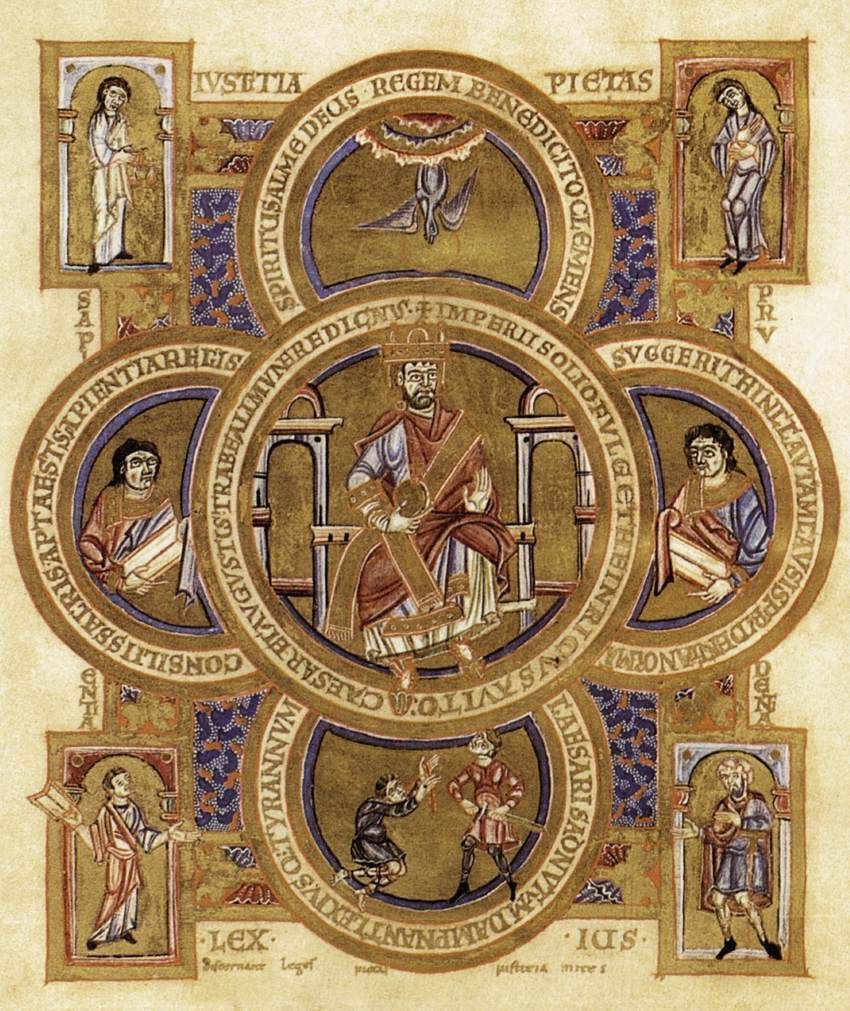Message of Abbot Paul - Wednesday - 6th March 2024
Abbot Paul • March 5, 2024

The three monotheistic faiths, Judaism, Christianity and Islam, are intimately linked to each other historically, theologically and spiritually. In the case of Christianity, it rose directly out of Judaism, centred as it is on the person of Jesus Christ, whom we believe to be the true Messiah, Son of God incarnate and Saviour of the world. The New Testament was written at a juncture in the history of the early Church, when Christians were forming a new religion, rooted in and yet becoming separate from Judaism. Founded on the Old, they were becoming the people of the New Covenant, sealed in the blood of Christ, the glory of his resurrection and the power of the Holy Spirit. The Gospels, the Acts of the Apostles, the Epistles of Paul and the other Apostles and the Book of Revelation, written over a 70 year period, witnessed to that process by which the disciples and followers of the Way became local communities of believers, separate from the synagogue, Christians belonging to the mystical Body of Christ, the Church of God.
Today’s Gospel passage comes from Matthew, (Mt 5: 17-19), a short section from the Sermon on the Mount, in which Jesus appears as the new Moses, interpreting in a new and dynamic way, the commandments given to Israel through Moses on Mount Sinai, by acceptance of which the Hebrews were constituted as the people of the Covenant. It’s interesting to note what Jesus says, speaking with his disciples: “Do not imagine that I have come to abolish the Law or the Prophets. I have come not to abolish but to complete them.” Jesus makes it quite clear that he has not come to abolish but to complete or fulfil the Law and the Prophets, the faith of Israel. Jesus does not see his coming as a break with the past, but rather as its fulfilment for he proclaims God’s law of love with its intended and authentic interpretation. He reveals to us the mind of God and the true spirit of the Law. “I tell you solemnly, till heaven and earth disappear, not one dot, not one little stroke, shall disappear from the Law until its purpose is achieved. Therefore, the man who infringes even one of the least of these commandments and teaches others to do the same will be considered the least in the kingdom of heaven; but the man who keeps them and teaches them will be considered great in the kingdom of heaven.” Who would these teachers be who infringe the Law and teach others to do the same? In the first place, the scribes or doctors of the Law, then the leaders of the Pharisee party and finally the chief priests. In fact, throughout the Gospel, Jesus is at loggerheads with all three groups. It’s interesting that Jesus doesn’t condemn them outright, rather he consigns them to be among the “least in the kingdom of heaven.”
What does this mean for us? Jesus would say that we respect the Scriptures and the teaching of Moses and the Prophets and that we take the commandments seriously. Above all, he would want us to follow his own teaching on the Law and live according to the example he has given us. Lord Jesus, this Lent and always, teach us to love the word of God and its teaching and to live, following your example of love and compassion. Amen.









